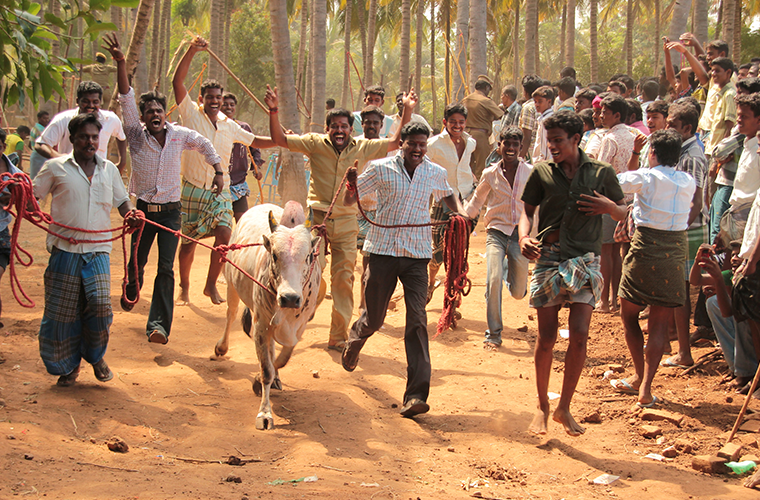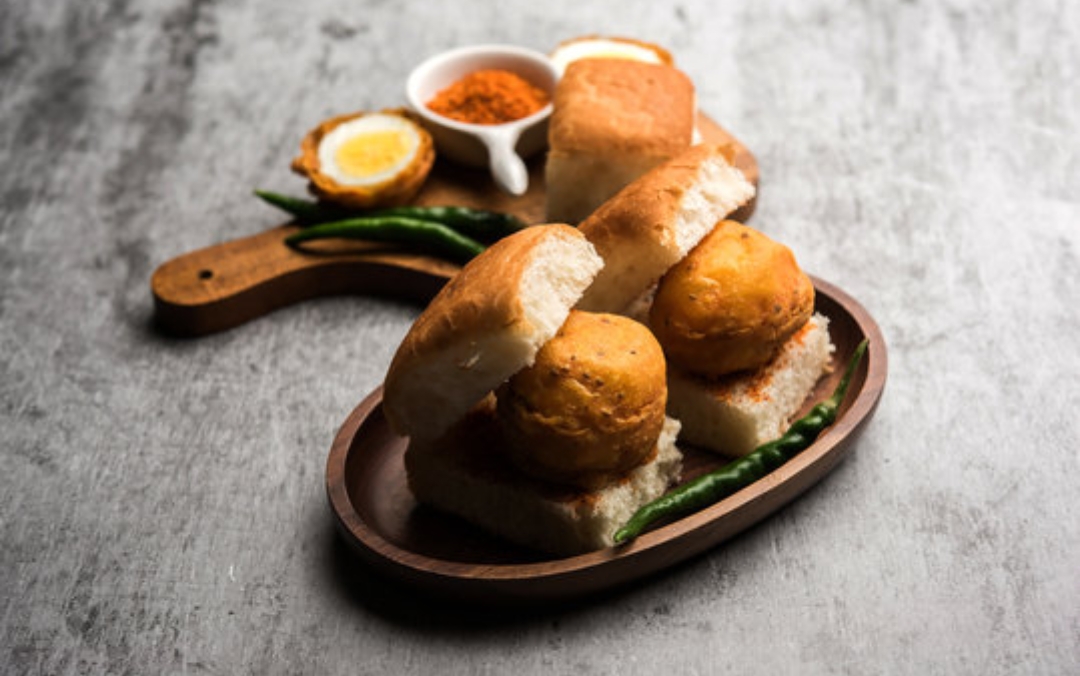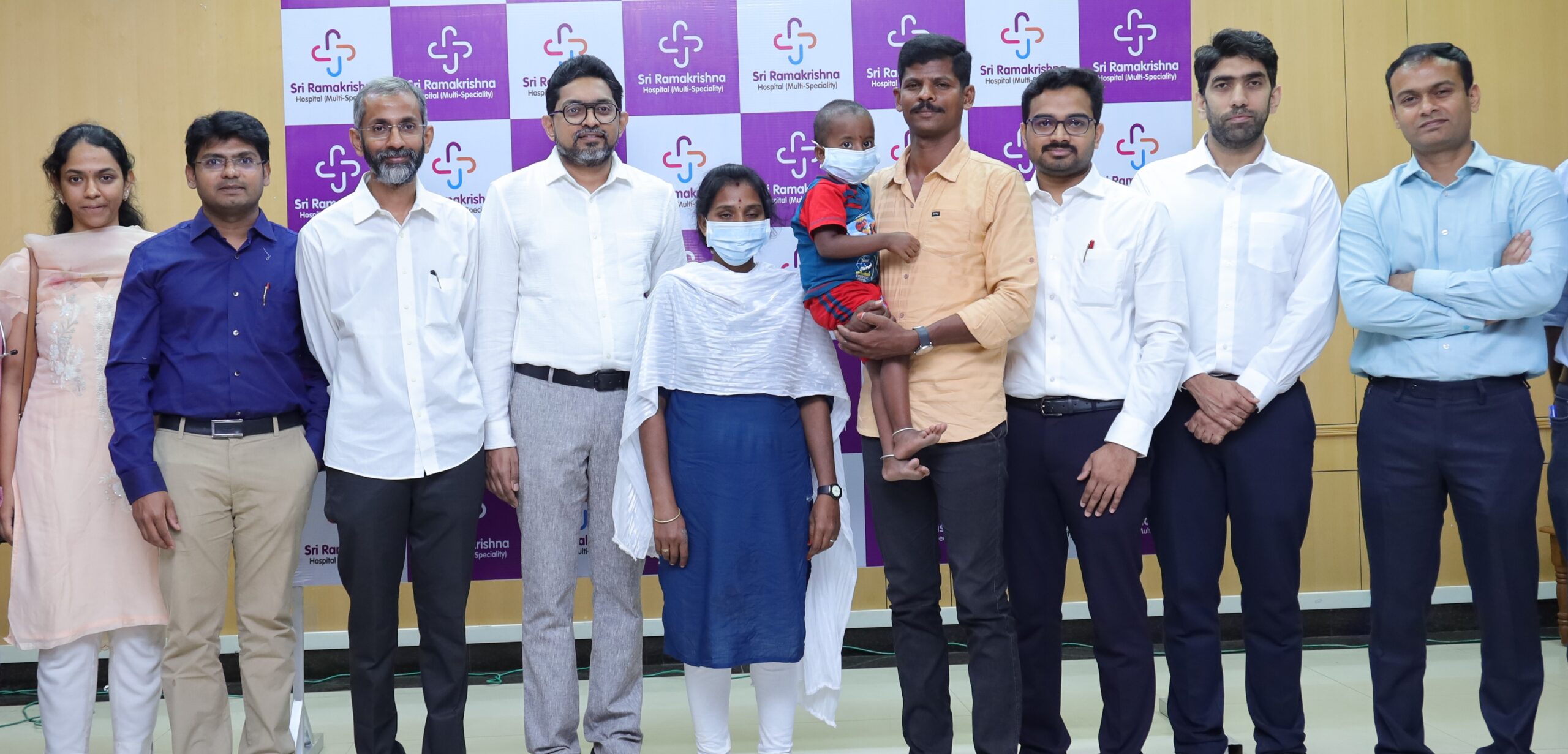Trending Now
- 830 voters names go missing in Kavundampalayam constituency
- If BJP comes to power we shall consider bringing back electoral bonds: Nirmala Sitaraman
- Monitoring at check posts between Kerala and TN intensified as bird flu gets virulent in Kerala
Coimbatore
Prices of Jallikattu bulls up as Vadivasal opens
![]() January 27, 2017
January 27, 2017
To the many small scale cattle farmers, the revoke of Jallikattu has opened up new hope as prices of bulls are going up.
The opening of the Vadivasal has been momentous to the Jallikattu lovers who are now all set for the power sport.
But the farmers who rely on cattle for livelihood have also found a ray of hope as the price of bulls have increased by 20 per cent post Jallikattu amendment.
If things fall in place and Jallikattu is to happen every year without any hassle in future, the farmers and activists are hopeful of a stable market that would fetch enough to run the families that rely on bulls to survive.
“Apart from some farmers who cultivate costly crops like coconut, plantain and rice and rain fed crops, most of the small scale farmers are largely dependent on cattle. They were largely hit post Jallikattu ban. The bulls were sold for meat rate for a compromising cost,” said S. Balakumar from the Jallikattu Federation.
He further informed that the bulls that were sold close to Rs. 1.5 lakh, were then sold only for as less as Rs. 15000. “People could not put these bulls to any use and hence sold them. This flooded the market, thereby further bringing down their price ,” added Balakumar.
Usually the bulls are sold at high rates as compared to the cows of the native breed that are sold at a lesser cost.
However, since the ban on Jallikattu has been lifted, the prices of bulls have increased upto Rs. 40,000 in the market. This has brought about a smile across the face of cattle farmers across the State.
“This should continue in the future so that the market is stabilised. The price of bulls is expected to increase further. As the number of bulls sold would be less, the demand for native breeds including Pulikulam, Thekkathi and Malamadu bulls that are usually selected for Jallikattu, would be high,” said Murali Krishnan, a graduate who owns Jallikattu bulls.
He further added that even farmers who were yielding upto Rs. 2 lakh a year were getting only less than a lakh after the ban.
Another cattle farmer said that some of the small scale farmers could run the family by selling a bull a year and that was nothing less than a jackpot for him.























